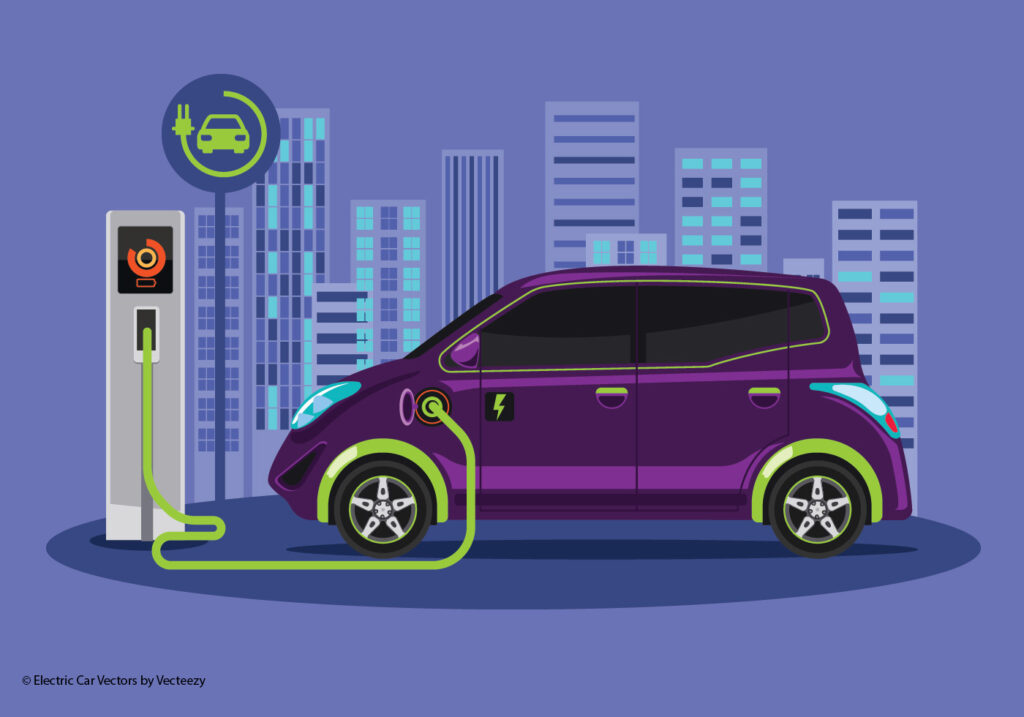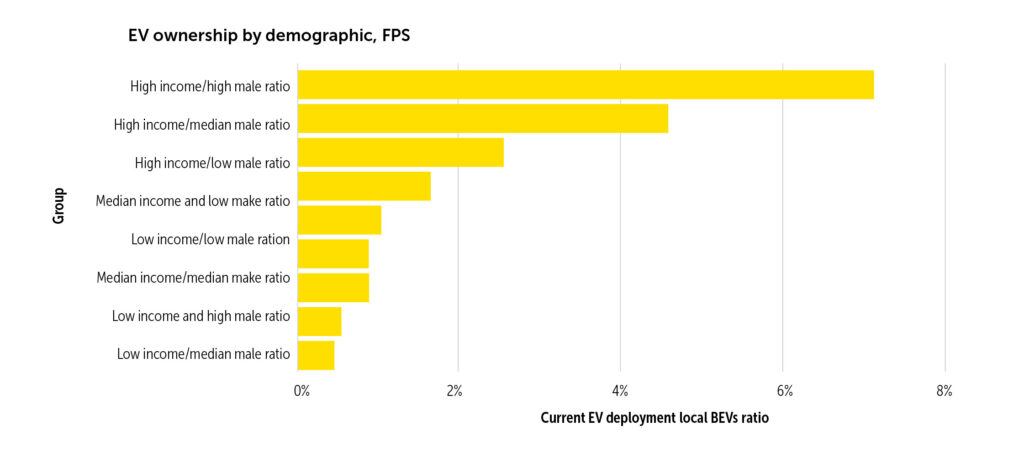Most of us are familiar the issue of fuel poverty, (poverty linked to household fuel costs), especially as the number of UK households struggling to pay their fuel bills is expected to treble in April when the new energy price cap comes into effect.

But transport poverty, (linked to inaccessibility, unaffordability and unavailability of transport), is of increasing concern as the UK transitions to a low carbon economy, with the sale of new petrol and diesel cars and vans to end by 2030, in a bid to switch drivers to electric vehicles.
Whilst today EV ownership is concentrated in upper and middle class parts of society, everyone will need access to EVs and charging infrastructure if the UK is to address the 60% of road transport emissions that come from cars.
In a report published today, the Decentralised Energy Trading Association, or DETA, investigates this inequality through the issue of EV charge point provision in social housing by local authorities.
For the study, DETA contracted EV charging infrastructure and modelling specialists Flexible Power Systems to work with Northampton Partnership Homes modelling some real world developments, to understand the issues and explore the role that energy storage could play in overcoming barriers.

Dr Vassia Paloumbi, DETA, said:
DETA was established to highlight the economic and societal benefits of energy system flexibility during the energy transition. To achieve net zero we need to ensure that all members of society can access low carbon options like electric vehicles, not just the rich. This report shows that flexibility technologies like storage can play a key role in expanding access to EV charging for all parts of society, removing one of the barriers to adoption.
Michael Ayres, Managing Director, Flexible Power Systems, said:
Whilst our day job is all about using our IoT and Big Data platforms to help van and truck fleets decarbonise, we know that passenger vehicles are a huge part of the journey to Net Zero. We were delighted to be able to help quantify both the scale of the challenge and potential for solutions as a small step toward making EVs a feasible choice for everyone.
Paul Tucker, sustainability manager at Northampton Partnership Homes said:
At NPH, we aim to reduce our carbon emissions by 7% each year so that we can achieve the government target of net carbon zero by 2050. Our residents play a key role in helping both NPH and the government achieve these targets, so we need to help them access the environmental benefits of electric vehicles. We know that there will be significant challenges and costs associated with helping residents to access these technologies, particularly those living in our existing developments. For that reason, we were delighted to work with DETA and FPS on this research project. It shows how housing providers can be creative with technologies to incorporate cost effective solutions at the design stage of new developments, helping them to achieve their sustainability targets. This approach will also ensure that residents are able to access charging facilities in time for the switch to electric vehicles.
